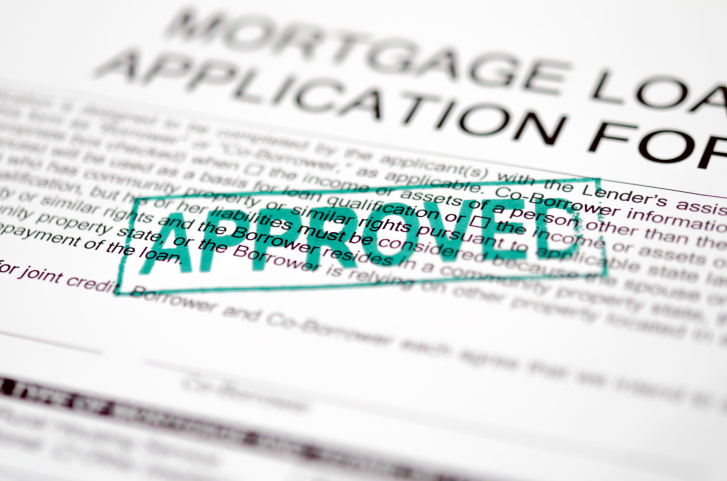Getting Your Mortgage Application Approved As A Self-Employed, First-Time Homebuyer
 A significant number of people are self-employed, which means they might be relying on this income to apply for a mortgage. It is true that people who are self-employed may face additional challenges when trying to get approved for a home loan when compared to someone with traditional W2 income, these are obstacles that can be overcome. With the right qualifications and documentation, even first-time homebuyers who are self-employed should be able to qualify for the home loan they need.
A significant number of people are self-employed, which means they might be relying on this income to apply for a mortgage. It is true that people who are self-employed may face additional challenges when trying to get approved for a home loan when compared to someone with traditional W2 income, these are obstacles that can be overcome. With the right qualifications and documentation, even first-time homebuyers who are self-employed should be able to qualify for the home loan they need.
Lenders Assess Someone’s Ability To Repay The Loan
First, lenders are trying to make sure the person will repay the loan. Lenders believe that someone with W2 income has a stable job and a guaranteed salary, which means they are more likely to repay the loan; however, someone who is self-employed has other ways of demonstrating that he or she can repay the loan. Self-employed individuals can use tax returns, payroll receipts, and records from financial institutions that serve as documentation of the applicant’s income or assets. This means standard W2 forms and pay stubs might no longer be necessary.
Navigating Eligibility Requirements
Next, self-employed individuals need to meet the eligibility requirements. This includes two years of self-employment, a reliable income, a strong credit score with a clean credit report, cash for a down payment, and a low debt to income ratio. It is possible for a first-time homebuyer to get a loan for less than five percent down; however, closing costs can be significant. Realistically, first-time homebuyers should plan on spending close to five percent of the home’s value to get approved for a first-time home loan.
Understanding Mortgage Options
Finally, self-employed first-time homebuyers should be aware that there are multiple loan options available. For example, there are FHA and VA loans for those who qualify. USDA loans and jumbo loans might also be an option. There are bank statement mortgages and conventional options available as well. Self-employed individuals might have to visit several of these programs to see which ones work the best. The programs vary in terms of their down payment, minimum credit score, and credit history requirements. It is prudent to work with a professional loan officer who has experience helping self-employed, first-time homebuyers get approved.
Categories
- Around The Home
- Awards
- Bankruptcy History
- Budget
- Chapter 7 Bankruptcy
- Construction Loan
- Credit
- Credit Scoring
- Environmental Awareness
- Escrow Tips
- Fair Housing
- Federal Reserve
- FHFA
- Financial Crisis
- Financial Fraud
- Financial Reports
- Foreclosure
- Holiday Tips
- Holidays
- Home Building Tips
- Home Buyer Tips
- Home Buying Tips
- Home Care
- Home Care Tips
- Home Decorating
- Home Financing Tips
- Home Maintenance
- Home Mortgage
- Home Mortgage
- Home Mortgage Tips
- Home Mortgages
- Home Seller Tips
- Home Selling Tips
- Home Tips
- Home Values
- Home Values
- Homebuyer Tips
- Homeowner Tips
- Housing Analysis
- Housing Market
- Investment Properties
- Market Outlook
- Mortagage Tips
- Mortgage
- Mortgage Application
- Mortgage Guidelines
- Mortgage Rates
- Mortgage Tips
- mortgage-rates-whats-ahead-september-17-2012
- Organization Tips
- Personal Development
- Personal Finance
- Rankings
- Real Estate
- Real Estate Definitions
- Real Estate Tips
- Real Estate Trends
- Selling Your Home
- Student Loans
- Tax Debts
- Taxes
- The Economy
- Travel
- Uncategorized